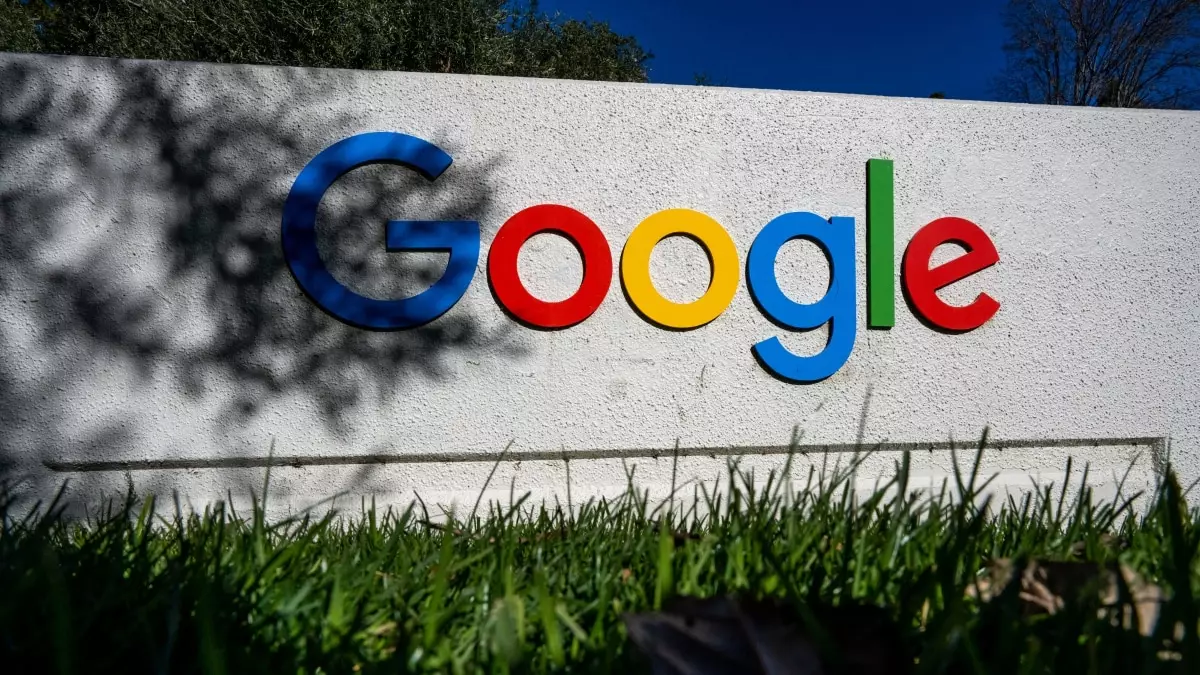As the digital landscape evolves, companies like Alphabet Inc. and Microsoft appear caught in a paradoxical struggle between their burgeoning artificial intelligence (AI) ambitions and the fundamental need for human engineers. Alphabet’s CEO Sundar Pichai recently addressed this conundrum at the Bloomberg Tech conference in San Francisco, asserting that Google would continue to expand its engineering workforce through at least 2026. In an era when many tech giants opt for layoffs to streamline costs, Pichai’s commitment to preserving and growing talent reflects a critical understanding—technology cannot thrive in a vacuum; it requires human creativity, problem-solving, and intuitiveness.
The industry is watching as a wave of automation threatens to displace countless roles while simultaneously creating new opportunities that demand a skilled workforce. Pichai’s assertion that Google’s engineering team must remain robust raises essential questions about the dichotomy of technology and employment. Are we laying a foundation for a future where human intellect is eclipsed by machines, or are we merely evolving toward a model where collaboration between human and AI spurs unprecedented innovation?
A Cautious Optimism About AI
Pichai shared insights suggesting a careful yet optimistic approach to AI development. He conveyed that while AI technologies have matured in certain domains, they still exhibit fundamental flaws. This sober acknowledgment is crucial—while many tech leaders tout AI as the panacea for productivity, there’s a distinct need for caution regarding the technology’s present limitations. For instance, AI tools excel in specific tasks like coding and data analysis but are often prone to overlooking minor errors or context, which can lead to catastrophic oversights.
One cannot help but wonder if this raises a fundamental philosophical question about the path to artificial general intelligence (AGI). When Pichai stated, “I don’t think anyone can say for sure” if we are on the path to AGI, it reflects a broader sentiment in the tech community: the pursuit of omnipotent AI is fraught with uncertainty.
Rather than singularly focusing on the quest for AGI, perhaps society should channel its energy into creating systems wherein human ingenuity and AI capabilities complement each other. By fostering a workforce that understands both AI tools and the context within which they operate, we can aim for a future that enhances human jobs rather than replacing them.
The Impact of AI on Content Creators
On another front, as Google integrates AI more deeply into its search functions, the ramifications for content creators and publishers cannot be ignored. Many have expressed concerns that AI-generated content is siphoning traffic from original articles and websites. Pichai argues that Google is committed to maintaining a healthy ecosystem that drives traffic to original sources. However, this leads to further questions: Can a balance truly be struck, or are we barreling down a path where the authoritative voices of creators are drowned out in the cacophony of algorithmically generated content?
The tech titans must tread lightly here. Without fostering a landscape that prioritizes transparency and support for original work, they risk alienating the very creators who provide valuable content that drives their platforms. If left unchecked, the competitive edge gained through AI could undermine the diverse insights and perspectives that only human creators can offer.
The Cultural Shift in Silicon Valley
The recent remarks by Andrew Bosworth, Meta’s Chief Technology Officer, about Silicon Valley’s newfound willingness to partner with the military hints at an evolving cultural dynamic within tech. Traditionally viewed as a bastion of liberal thought, Silicon Valley appears to be reexamining its role in supporting national interests, even siding with military initiatives. This shift may stem from a social realignment where tech finds itself more entwined with state power—an alliance that could jeopardize both ethical standards and the balanced development of technology for the collective good.
The question remains—what does this mean for public trust in tech companies? It’s essential for these corporations to maintain accountability and foster dialogue that ensures technology serves humanity rather than merely advancing corporate or governmental interests. Silicon Valley must not only innovate but must also do so in a way that amplifies democratic values and serves the common good.
Ultimately, as we navigate this uncertain terrain of AI and technology, it’s crucial that human creativity and rigor remain at the forefront. Only then can we hope to build a future that authentically balances innovation and humanity, avoiding the pitfalls of an increasingly automated world.

Leave a Reply